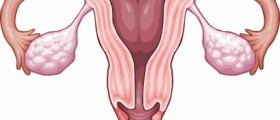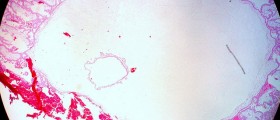
PID occurs when bacteria moves upward from the vagina or the opening, into the uterus and other reproductive organs. Many different microorganisms cause infection, but the most common are chlamydia and gonorrhea. If a woman has a prior episode of PID it increases the risks of another episode because of the previous damage done during the initial infection. Blocked fallopian tubes due to pelvic inflammatory disease can lead to infertility in the woman and when it spreads, a couple could have trouble when trying to get pregnant. Sexually active women under the age of 25 are more likely to develop PID than an older woman, because of multiple sexual partners.
Another study highlighted that women that use vaginal douche have a higher risk of developing PID because of a change in the vaginal flora. Douching can force bacteria into the upper reproductive organs from the vagina and cause repeated cases of PID. The symptoms of PID can range from mild to moderate to severe. When caused by chlamydia, the female may at first only display mild or no signs at all and when the infection becomes more severe, the woman may not even realize the serious damage being done to the reproductive organs.
Other signs and symptoms of PID can include low grade fever, vaginal discharge, foul odor from the vagina, painful sexual intercourse, burning or painful urination, irregular menstrual cycles and bleeding and pain in the upper right abdominal area. With the right care and diagnosis, the problem can be treated before block fallopian tubes due to pelvic inflammatory disease happens. Prompt medical attention and treatment also prevents further complications due to PID and can ensure a woman does not experience further reproductive organ damage. PID is a common condition which affects many women, prevention is the first line of defense and if a woman has questions, it is best to seek the advice of a medical professional and follow any instructions and information provided.
- www.nhs.uk/conditions/pelvic-inflammatory-disease-pid/complications/
- www.cdc.gov/std/pid/stdfact-pid.htm
- Photo courtesy of University of Liverpool Faculty of Health & Life Sciences by Flickr: www.flickr.com/photos/liverpoolhls/10819115264/

















Your thoughts on this
Loading...